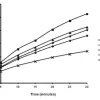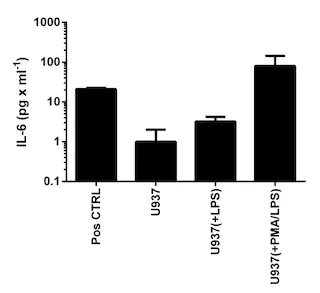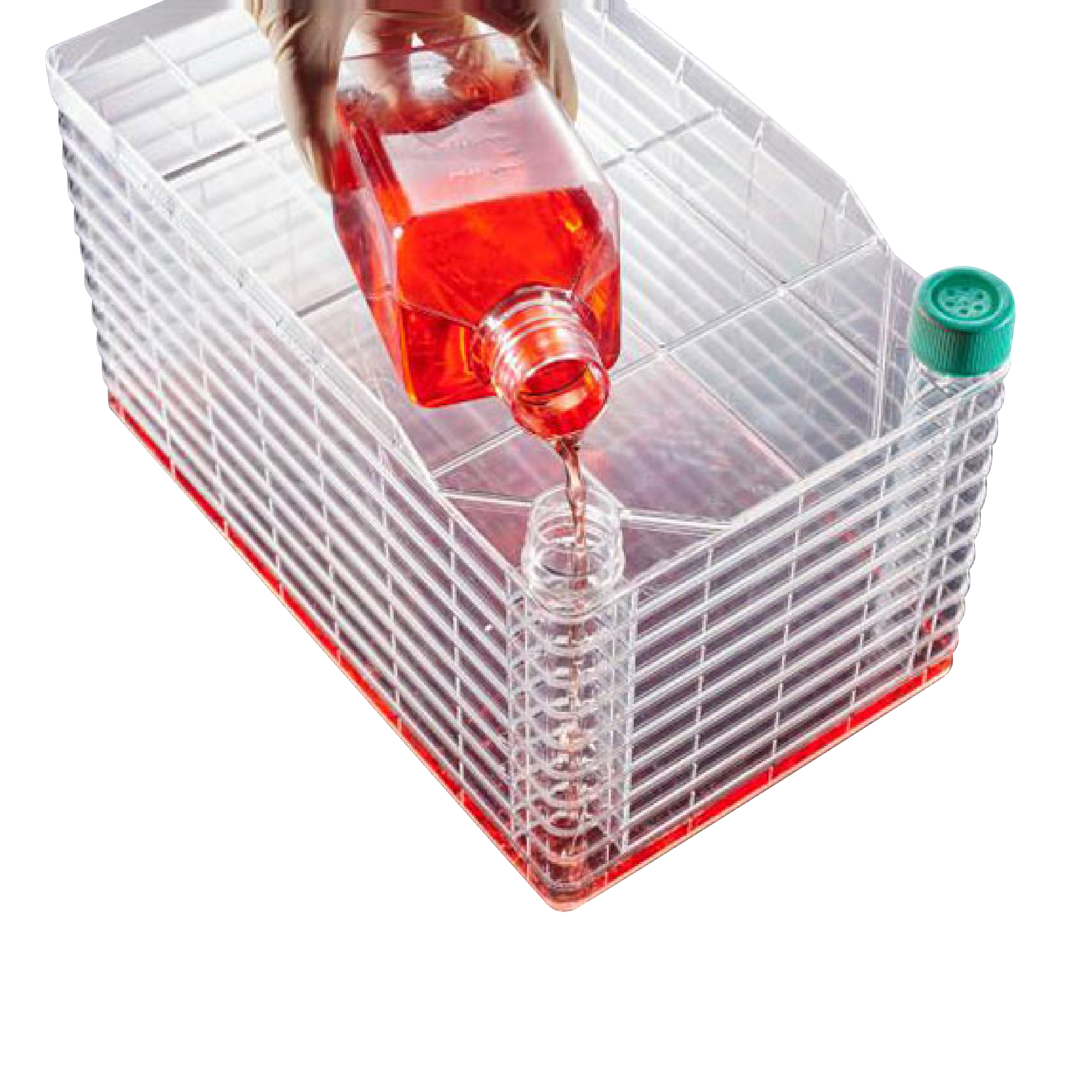- Empty cart.
- Continue Shopping

Human BDNF ELISA Kit
Human BDNF ELISA Kit
This product is currently out of stock and unavailable.
Key features and details
- One-wash 90 minute protocol
- Sensitivity: 2.4 pg/ml
- Range: 15.6 pg/ml – 1000 pg/ml
- Sample type: Cell culture supernatant, Cit plasma, EDTA Plasma, Hep Plasma, Serum
- Detection method: Colorimetric
- Assay type: Sandwich (quantitative)
- Reacts with: Human
Overview
Product name
See all BDNF kits
Detection method
Precision
| Sample | n | Mean | SD | CV% |
|---|---|---|---|---|
| Serum | 5 | 2.8% |
| Sample | n | Mean | SD | CV% |
|---|---|---|---|---|
| Serum | 3 | 5.3% |
Sample type
Assay type
Sensitivity
Range
Recovery
| Sample type | Average % | Range |
|---|---|---|
| Cell culture supernatant | 106 | 103% – 109% |
| Serum | 97 | 94% – 104% |
| Hep Plasma | 103 | 96% – 112% |
| EDTA Plasma | 98 | 85% – 108% |
| Cit plasma | 103 | 95% – 111% |
Assay time
Assay duration
Species reactivity
Product overview
Human BDNF ELISA Kit (ab212166) is a single-wash 90 min sandwich ELISA designed for the quantitative measurement of BDNF protein in cell culture supernatant, serum, cit plasma, edta plasma, and hep plasma. It uses our proprietary SimpleStep ELISA® technology. Quantitate Human BDNF with 2.4 pg/ml sensitivity.
SimpleStep ELISA® technology employs capture antibodies conjugated to an affinity tag that is recognized by the monoclonal antibody used to coat our SimpleStep ELISA® plates. This approach to sandwich ELISA allows the formation of the antibody-analyte sandwich complex in a single step, significantly reducing assay time. See the SimpleStep ELISA® protocol summary in the image section for further details. Our SimpleStep ELISA® technology provides several benefits:
– Single-wash protocol reduces assay time to 90 minutes or less
– High sensitivity, specificity and reproducibility from superior antibodies
– Fully validated in biological samples
– 96-wells plate breakable into 12 x 8 wells strips
A 384-well SimpleStep ELISA® microplate (ab203359) is available to use as an alternative to the 96-well microplate provided with SimpleStep ELISA® kits.
SPECIES REACTIVITY
This kit recognizes human BDNF protein and is cross-reactive to mouse and rat BDNF protein.
ASSAY SPECIFICITY
This kit recognizes both native and recombinant human BDNF protein in serum, plasma, and cell culture supernatant samples only.
Cell and tissue extract samples have not been tested with this kit.
CROSS REACTIVITY
Recombinant TRKB was prepared at 50 ng/mL and 500 pg/mL and assayed for cross reactivity. No cross-reactivity was observed.
INTERFERENCE
Recombinant TRKB was prepared at 50 ng/mL and 1 ng/mL and tested for interference with human BDNF at 200 pg/mL. 39% Inference was observed with 1ng/mL and 76% Interference was observed with 50 ng/mL.
Notes
BDNF (Brain derived neurotrophic factor) is a member of the neurotrophin family of growth factors that includes nerve growth factor. BDNF is expressed as a proprotein that is cleaved to form mature BDNF (residues 129-247). This assay measures mature BDNF. Mature BDNF protein sequence is identical between human, mouse, rat and many additional species. BDNF binds to at least 2 receptors: TrkB and LNGFR.
Platform
Properties
Storage instructions
| Components | 1 x 96 tests |
|---|---|
| 10X Human BDNF Capture Antibody | 1 x 600µl |
| 10X Human BDNF Detector Antibody | 1 x 600µl |
| 10X Wash Buffer PT (ab206977) | 1 x 20ml |
| Antibody Diluent CPI – HAMA Blocker (ab193969) | 1 x 6ml |
| Human BDNF Lyophilized Recombinant Protein | 2 vials |
| Plate Seals | 1 unit |
| Sample Diluent NS (ab193972) | 1 x 50ml |
| SimpleStep Pre-Coated 96-Well Microplate (ab206978) | 1 unit |
| Stop Solution | 1 x 12ml |
| TMB Development Solution | 1 x 12ml |
Research areas
- Neuroscience
- Neurology process
- Growth and Development
- Neurotrophins
- Neuroscience
- Neurology process
- Neurodegenerative disease
- Huntington’s disease
- Neuroscience
- Neurology process
- Neurodegenerative disease
- Alzheimer’s disease
- Other
- Cardiovascular
- Atherosclerosis
- Diabetes associated
- Cardiovascular
- Atherosclerosis
- Thrombosis
- Other
- Metabolism
- Types of disease
- Diabetes
- Metabolism
- Types of disease
- Obesity
- Neuroscience
- Development
- Neuroscience
- Processes
Function
Tissue specificity
Involvement in disease
Congenital central hypoventilation syndrome
Sequence similarities
Post-translational
modifications
Converted into mature BDNF by plasmin (PLG).























